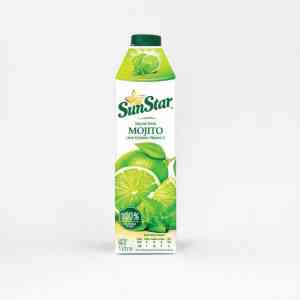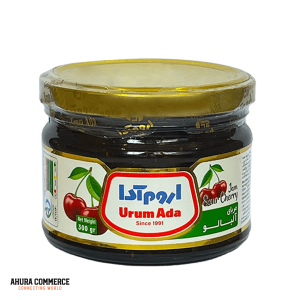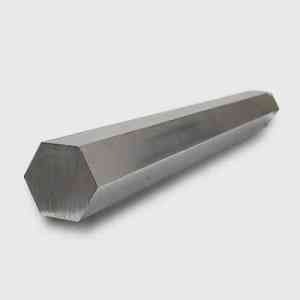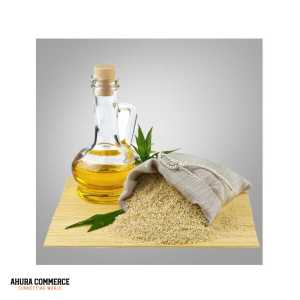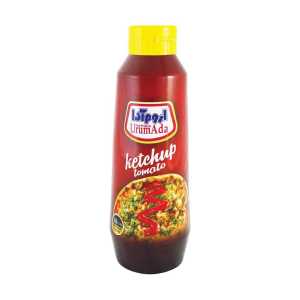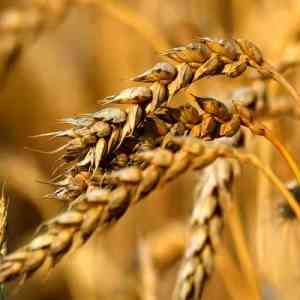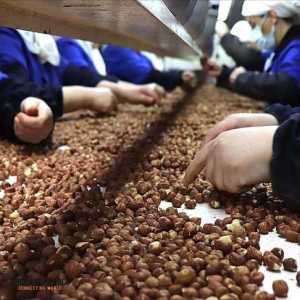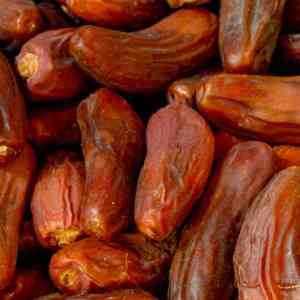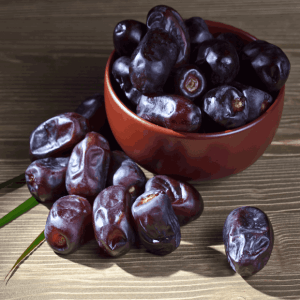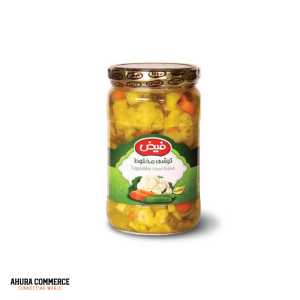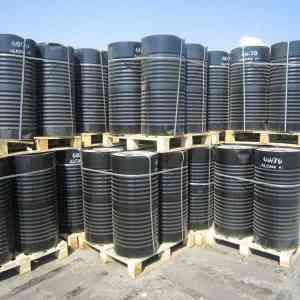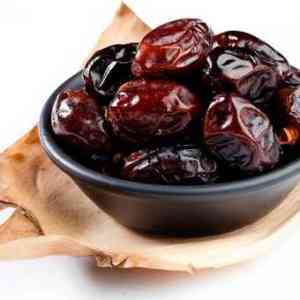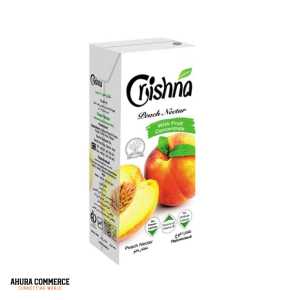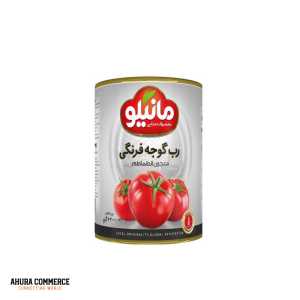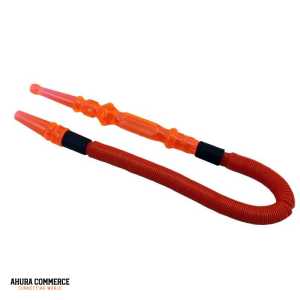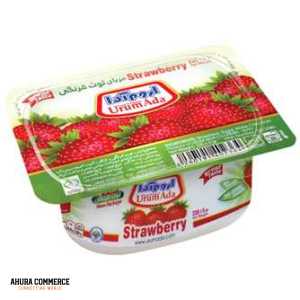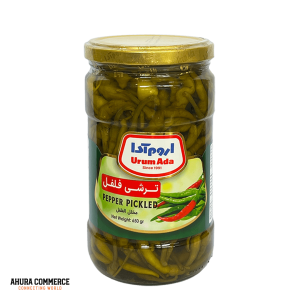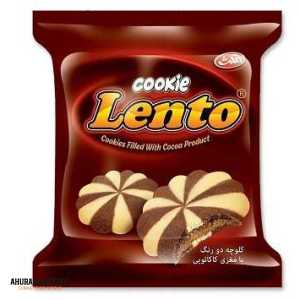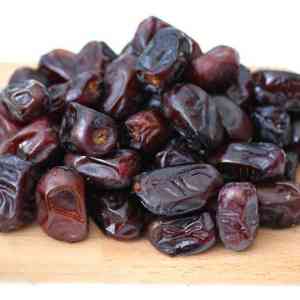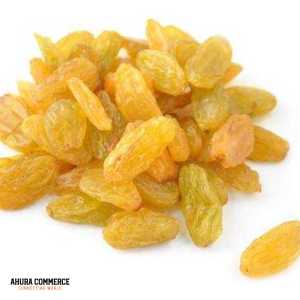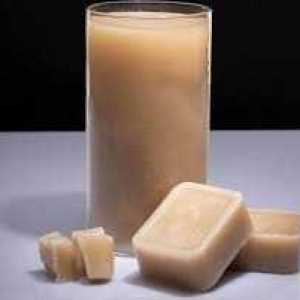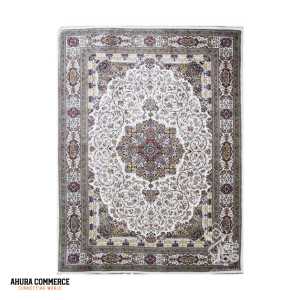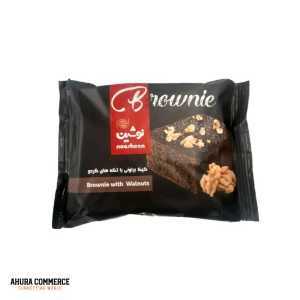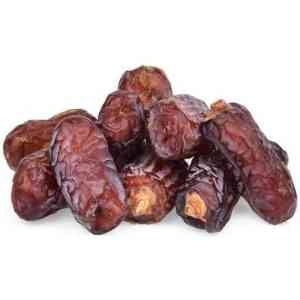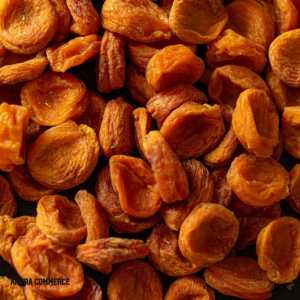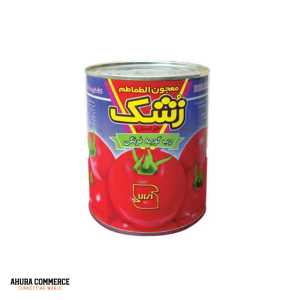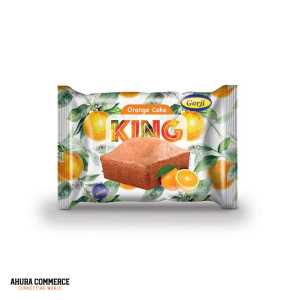Categories
- Agriculture
- Food and Beverage
- Cars and auto parts
- Electrics and Electronics
- Exchange
- Fashion and accessories
- Metallurgy Rubber & Plastics
- International Transportation
- Weaving, textiles
- Building Construction
- Chemicals
- Dairy
- Fruits and Vegetables
- Nuts and Spices
- Gifts and Toys
- Health and Beauty
- Home Appliances
- Livestock and poultry
- Machinery and Tools
- Row materials
- Office appliances
- Customs Clearance
- Home
- Food and Beverage
- Exporting tomato paste to Kuwait
Exporting tomato paste to Kuwait
Description
Exporting Iranian tomato paste to Kuwait
Exporting tomato paste to Kuwait
As one of the prominent countries in the Persian Gulf region, Kuwait has a strategic position in the import and export business, especially of high quality food products. Iranian food products, especially tomato paste, have found a strong position in the Kuwait market due to geographical proximity, cultural ties and mutual trade agreements between the two countries. Exporting tomato paste to Kuwait has become increasingly important due to several factors including the increasing demand for quality food products, the expanding Kuwaiti consumer market and the evolving preferences of the Kuwaiti population.
Iran has a tomato paste industry that benefits from rich agricultural resources and a favorable climate, and this is due to Iran's reputation in the production of agricultural products. The quality of Iranian tomato paste is known throughout the region for its natural taste, thick consistency, and absence of preservatives, which are attractive to Kuwaiti consumers. As Kuwait's population grows, so does the demand for processed food products that are nutritious and suitable for a variety of culinary applications. Tomato paste is a staple in many homes and restaurants, making it one of the most sought-after products in Kuwait.
Successful Strategies for the Kuwaiti Market
Here are some key strategies to succeed in exporting tomato paste to Kuwait:
- Quality control: maintaining high standards in the production of tomato paste is very important. Iranian manufacturers must prioritize quality control throughout the supply chain to meet the expectations of Kuwaiti consumers and importers.
- Regulatory compliance: Ensuring full compliance with Kuwait food safety standards and Halal certification is essential. Manufacturers should also be up-to-date on any changes in import regulations to avoid disruptions in the export process.
- Branding and Marketing: Effective marketing strategies are very important to distinguish Iranian tomato paste from competitors. Highlighting the natural and high-quality aspects of Iranian tomato paste along with competitive pricing can help capture the market share.
- Building Strong Partnerships: Building strong relationships with Kuwaiti importers and distributors is key to long-term success. Trusted partnerships ensure a smooth flow of products to the Kuwaiti market and can help overcome logistical challenges.
Consumer preferences in Kuwait
To successfully penetrate the market, understanding consumer preferences is crucial when exporting tomato paste to Kuwait. Kuwaiti consumers value high-quality products that are both nutritious and convenient to use. Increased awareness of health and wellness in the region has also led to an increase in demand for food products with fewer additives and preservatives, a trend that is perfectly consistent with the natural quality of Iranian tomato paste. This creates a significant opportunity to export tomato paste to Kuwait to meet these consumer needs.
In addition, branding plays a vital role in the success of tomato paste exports to Kuwait. Products that clearly state their quality and health benefits are more likely to attract consumer attention. This provides an excellent opportunity for Iranian brands to highlight the natural production processes and superior quality of their tomato paste, making them more attractive in the competitive Kuwaiti market. By emphasizing these aspects, exporting tomato paste to Kuwait can be positioned as a healthier and more natural choice for discerning consumers.
Kuwait regulations for pulp export
One of the key challenges in exporting tomato paste to Kuwait is to comply with the country's strict regulatory and quality standards. Kuwait has implemented various regulations to ensure that imported food products meet health and safety standards. For Iranian exporters, this means adhering to Kuwait's food safety laws, packaging and labeling requirements, and halal certification.
Halal certification is especially important in Kuwait, as it is a Muslim-majority country. In order to access the Kuwaiti market, Iranian producers must ensure that their tomato paste meets Halal guidelines. In addition, the Government of Kuwait requires clear labeling of ingredients, nutritional information and production details to be provided in both Arabic and English.
Conclusion
Exporting tomato paste to Kuwait is a profitable opportunity for Iranian producers. In other words, Iranian tomato paste can gain a high position in the Kuwait market, a market that continues to increase the demand for high-quality and convenient food products. However, success in this market requires careful attention to quality, regulatory compliance, and effective marketing strategies. By focusing on these aspects, Iranian exporters can overcome the challenges and capitalize on the increased demand for tomato paste in Kuwait.
Location
Exporting tomato paste to Kuwait

Ahura Commerce facilitates seamless international trade. Our platform empowers businesses of all sizes to navigate import/export regulations, connect with global partners, and optimize logistics. Leverage our expertise and network to achieve sustainable growth in today's interconnected marketplace.








